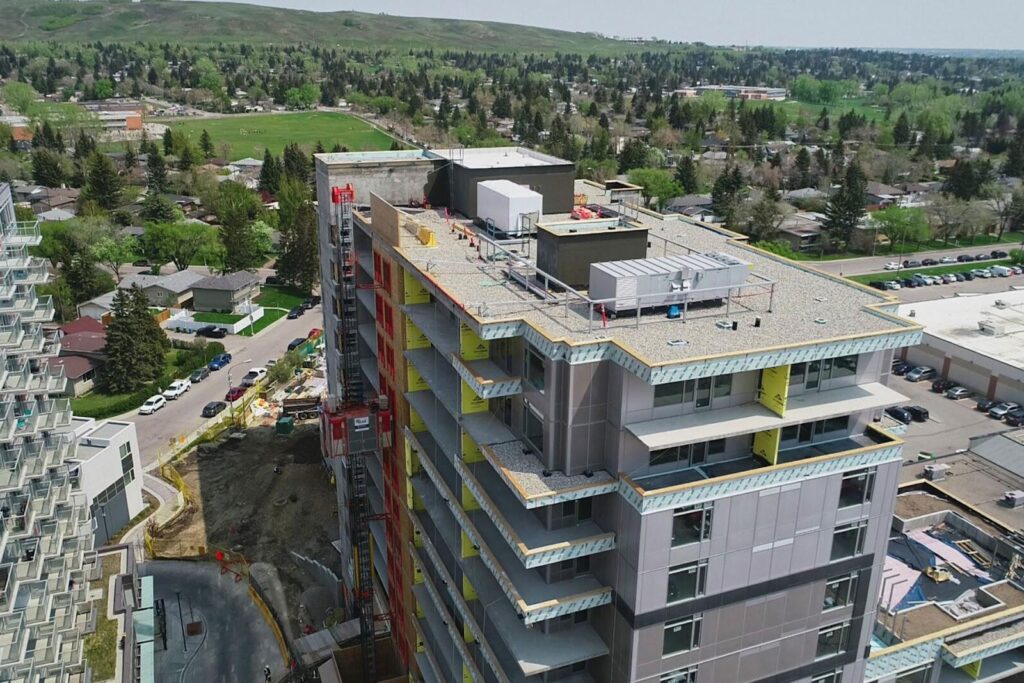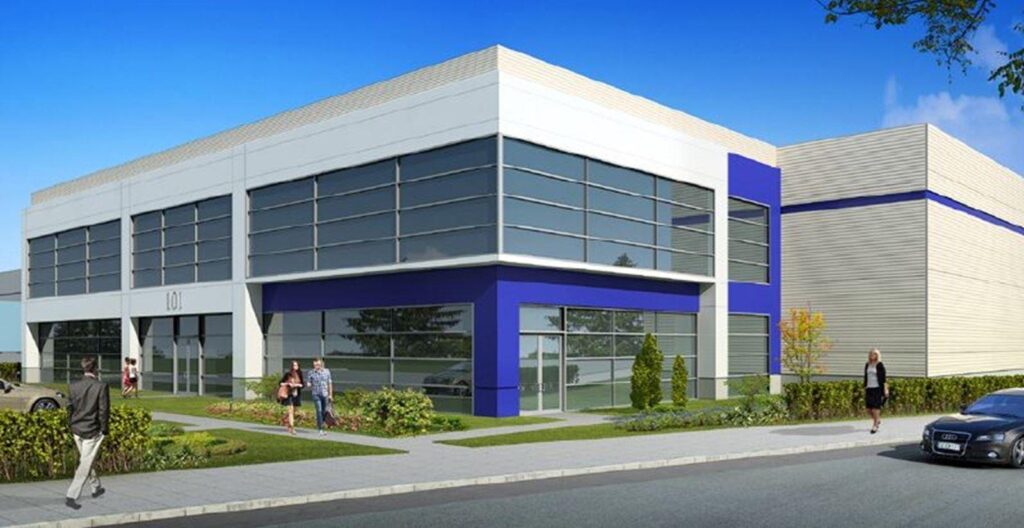
Nowadays, California is still a popular destination for commercial companies wishing to integrate into American business. Even the high cost of living and stringent requirements for entrepreneurs, not to mention its cost, do not stop these structures. This is due to the fact that California has a reputation as a global center of advanced technology development. This is what contributes to the high prices on the commercial real estate market in California. Our article will focus on this and other features of the business real estate cost.
What is office rent cost in California
Office market in sunny California demonstrates a high level of activity and an impressive number of large deals. Conclusion of such contracts occurred in the largest cities in the region, such as Los Angeles, San Francisco and San Diego. However, prospective buyers are concerned about why is California rent so high.
The main reason for the high prices on the California office market is the low supply of vacant space, where you can launch your commercial activities. In general, all large and prestigious premises are already leased to structures directly related to the technological, creative, entertainment, financial and legal sectors.
The representatives of such industries can well afford high rents. However, it is interesting that the trend towards higher rents may also manifest itself in industries where demand for vacant space has traditionally been low. The rent office space in California is particularly highly valued among the creative industries’ representatives.
So, the average rent in California for office space reached $2.73 per foot. This figure was recorded by analysts in several areas of Los Angeles. As for the maximum prices for office space in the state, they were recorded at $3.81 per foot.
Features commercial rent law in California
Commercial lease laws in California do not provide the same protections for commercial tenants as they do for residential renters. This is because office tenants can bargain for more time than residential tenants.
Commercial tenants rights in California are less strict than residential tenants rights. If certain problems arise, it will be necessary to resolve them directly with the office space owner. So, let’s get clear on this:
- The reasonableness of subleasing. Tenants of commercial space must obtain permission from the property owner for the right to rent the space during the term of the lease. Here, however, state law states that the landlord has no right to refuse this to customers without good cause. He must state his reasons in writing, or otherwise, it is considered that he is not against subleasing.
- Prohibition of bail money. The landlord and his representatives are prohibited by California law from demanding so-called “key money” from customers as a condition of the lease. The term “key money” may cover bribes and other covert forms of money extortion in exchange for lease rights. In this case, the tenant of the commercial property may demand compensation for damages in three times the amount of the damage caused.
- Rent is out of control. Any tenant of office space in California can expect the authorities to fail to protect him from rent increases. Rent control, though beneficial to the landlord, does not encourage business competition by giving some unfair advantages over other businesses. However, the law permits a limited lease agreement with government agencies on a voluntary basis.
- Easy eviction of commercial tenants. The landlord can send his clients a termination notice for late or non-payment of rent and other violations of the agreement. In such a case, the tenant has three days to find a solution to the problem. The first thing to do is to pay the rent, since this is a mandatory clause in the agreement.
As you can see, the rights of a commercial tenant suffer in comparison to residential tenants. Many people think this is unfair, but that is the law in California governing this type of legal relationship.
How often can a landlord raise the rent in California
Annual rent increases in California are related to annual inflation in the United States. The concept of inflation is based on the Consumer Price Index, which reflects the change in the cost of consuming a basket of goods and services per average consumer. Annual inflation in the country ranges from 1 percent to 4 percent each year.
Legislation allows for an annual increase in rents of 5%, along with the CPI, up to 10% per year. However, the laws do not stipulate a minimum amount that a landlord must raise the rent each year. The max rent increase in CA each year can be 5% combined with the annual change in the Consumer Price Index, expressed as a percentage.
What are the types of commercial property
In California, businesses can rent the following types of commercial property:
- Office buildings. They can be of different sizes and located in urban or suburban areas.
- Industrial properties. These premises can be used as warehouses or workplaces for business structures. They are located in low-rise buildings in urban areas or industrial parks.
- Commercial sites. They depend on the location, which should provide stable traffic for retail. Such buildings can have restaurants, retail companies.
The company Commercialproperties24 can help you rent commercial real estate. The site offers many of the appropriate commercial properties.

